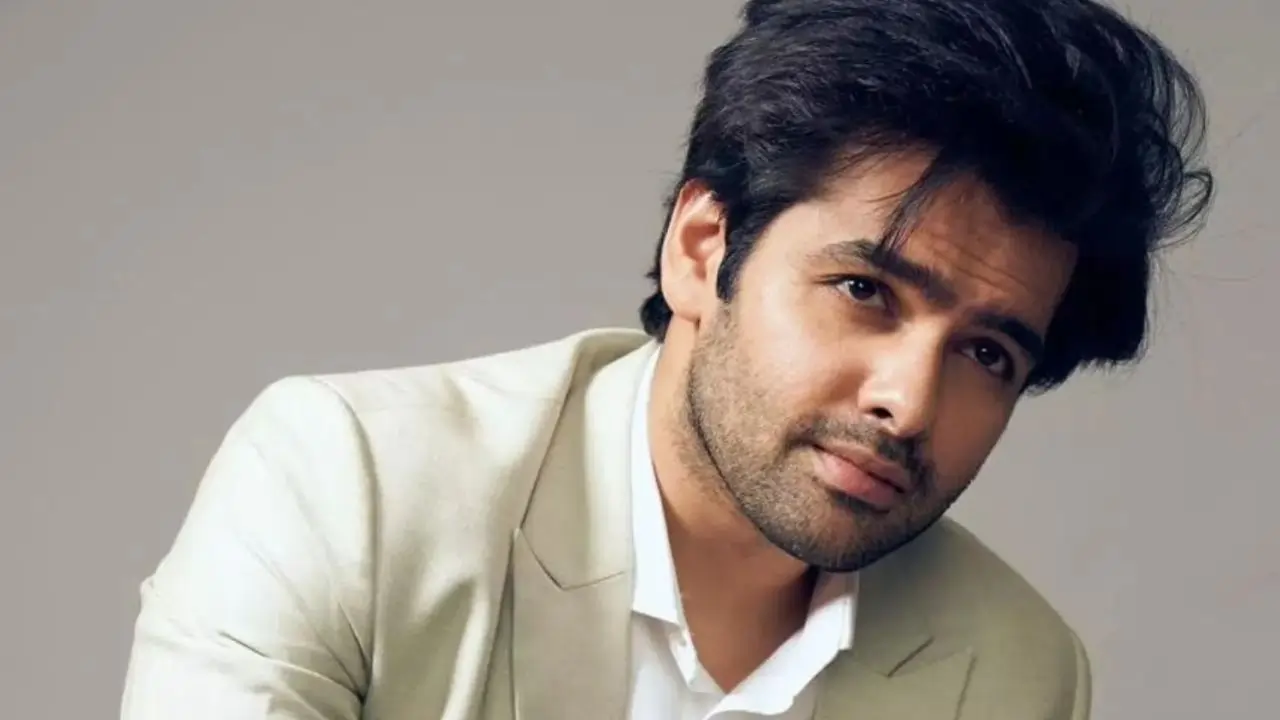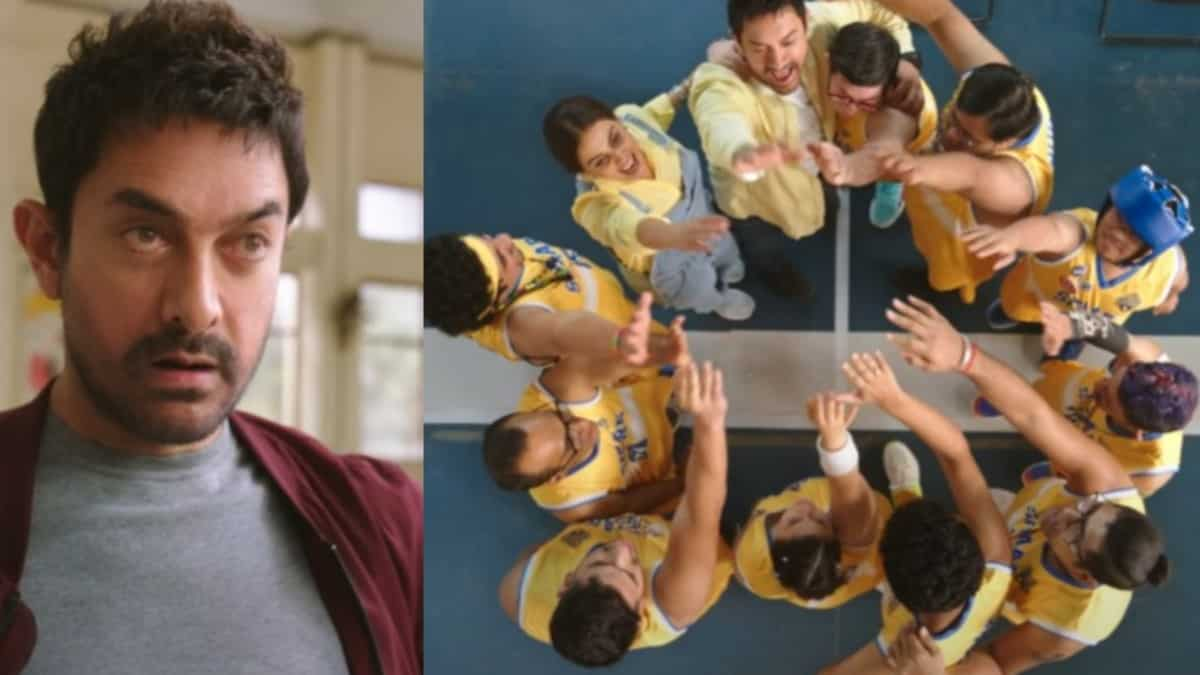
The Pro Kabaddi League: Transforming Lives and Salaries of Athletes
3 months ago | 5 Views
KL league commissioner Anupam Goswami articulates his insights regarding the expansion of the league, aspirations for kabaddi to be recognized as an Olympic sport, and the significance of establishing the Pro Kabaddi League (PKL) as the premier league in India beyond cricket.
Q. Can you describe the evolution of PKL over the last 11 years?
Sports leagues in India are still in their early stages; the most prominent league in the nation is merely 18 seasons old, yet it has already positioned itself at the forefront of global sports. PKL stands as one of the two sports leagues outside of cricket that has embarked on its second decade. This marks a pivotal achievement in Indian sports, encompassing various dimensions. We have established a robust framework for grassroots sports to develop into contemporary sports, characterized by organized fan engagement, spectator involvement, and extensive consumption through modern media platforms.
Q. While PKL has successfully connected with rural and regional audiences, what deliberate strategies were implemented to cultivate heroes within the league?
Athletic heroes are forged when narratives of sporting prowess are effectively conveyed to broad audiences through captivating content. The expertise, dedication, and creativity of our media partner play a crucial role in this process, and Star Sports has been instrumental in transforming PKL. As we enter our second decade, it will be essential to enhance storytelling for PKL across emerging media and among new consumer demographics. Concurrently, PKL teams are progressing towards becoming distinguished sporting clubs with vibrant communities, which will catalyze the next phase of growth for our sport. This presents a significant opportunity for kabaddi through PKL, ultimately leading to the emergence of successive generations of kabaddi heroes.
Q. We have witnessed various leagues rise and fall, including badminton, table tennis, and hockey in their early stages. As a spectator, what do you believe contributed to their lack of success?
The league structure for different sports is playing a significant role in the development of a multi-sport ecosystem and consumer behavior in India. We have gained insights from numerous counterparts in Indian sports leagues. The Pro Kabaddi League (PKL) has achieved notable milestones, yet there remains considerable work ahead. It is evident that PKL has established several best practices for emerging sports in India, all rooted in a dedicated fan-first philosophy. This philosophy must be consistently applied across all critical decisions pertaining to the league.
In the realm of contact sports, we have set a benchmark in navigating the challenges posed by the pandemic. Like our counterparts, we were unable to hold the 2020 season; however, we returned with vigor and a commitment to execute Season 8 in 2021, a feat that was particularly challenging for a contact sport. We successfully completed the entire season on schedule without omitting a single match.
Q. The Covid pandemic significantly altered the landscape, and given that leagues rely heavily on corporate participation, have you observed any shifts in their strategies and investments across sports leagues? Considering that return on investment has become increasingly important now?
It is an undeniable fact that any investment-driven initiative must eventually demonstrate a pathway to financial viability. Sports must also present a compelling financial rationale for its investors.
Concurrently, the value proposition of successful sports is distinct and is becoming increasingly evident in our post-pandemic era. Now more than ever, sports are showcasing their ability to unite and inspire individuals globally. Modern sporting figures are evolving into international icons. The social media presence of elite athletes is comparable to achievements in various other fields. This phenomenon underpins the growing national and international initiatives in sports across the globe.
Q. Has the culture of leagues heightened the discussion surrounding the rivalry between club and national representation in sports? The financial incentives associated with leagues have led young athletes to prioritize participation in clubs over aspirations to represent their country.
Currently, Team India holds a prestigious position in the realm of sports within our nation. In kabaddi, players continue to aspire to represent both their country and their league. A significant milestone for kabaddi is its recognition as a medal event at the Asian Games, which serves as a vital foundation for the sport's ambition to reach even greater heights, such as the Olympics. All kabaddi athletes envision this progression and their involvement in it.
Concurrently, the Pro Kabaddi League (PKL) teams have played a crucial role in the evolution, enhancement, and promising future of kabaddi as a contemporary sport, incorporating various elements that contribute to this transformation. This encompasses the integration of sports science and technology, innovative training formats, and the inclusion of international players. These factors collectively foster the growth of kabaddi. It is noteworthy that the entire national team has emerged from the PKL framework. Before the inception of the PKL, numerous kabaddi players and coaches achieved success, yet their accomplishments often went unnoticed. The kabaddi team's performance at the Asian Games garnered significant media attention during the 2014 event, which took place shortly after the inaugural season of the PKL.
It is important to acknowledge that, apart from cricket, kabaddi players are the highest-paid athletes in India. Engaging with any kabaddi player will reveal that the PKL has instigated a profound transformation in the perception of kabaddi and its athletes within their communities. The self-worth of kabaddi players has significantly increased as a direct result of the PKL's influence. The commercial success associated with the league has undoubtedly enhanced the players' self-esteem. Furthermore, it is a fact that PKL athletes rank among the highest earners in any sports league outside of cricket.
Q. What are your views on when we can expect a women’s league in Kabaddi?
The development of kabaddi necessitates the advancement of women's kabaddi, particularly in light of aspirations for Olympic inclusion. Our commitment to this cause was evident when we organized the Women’s Kabaddi Challenge in 2016 as a demonstration event. In 2023, we reaffirmed our intention to establish a women’s league. However, it is crucial that when we do launch this league, it mirrors the significant impact that the Pro Kabaddi League (PKL) had on men's kabaddi since its inception in 2014. A persistent challenge remains the availability and caliber of women's kabaddi talent, a situation that is also observed in other sports.
Read Also: West Indies' Comeback: Ending a 34-Year Wait with Test Victory in Multan
Get the latest Bollywood entertainment news, trending celebrity news, latest celebrity news, new movie reviews, latest entertainment news, latest Bollywood news, and Bollywood celebrity fashion & style updates!





















